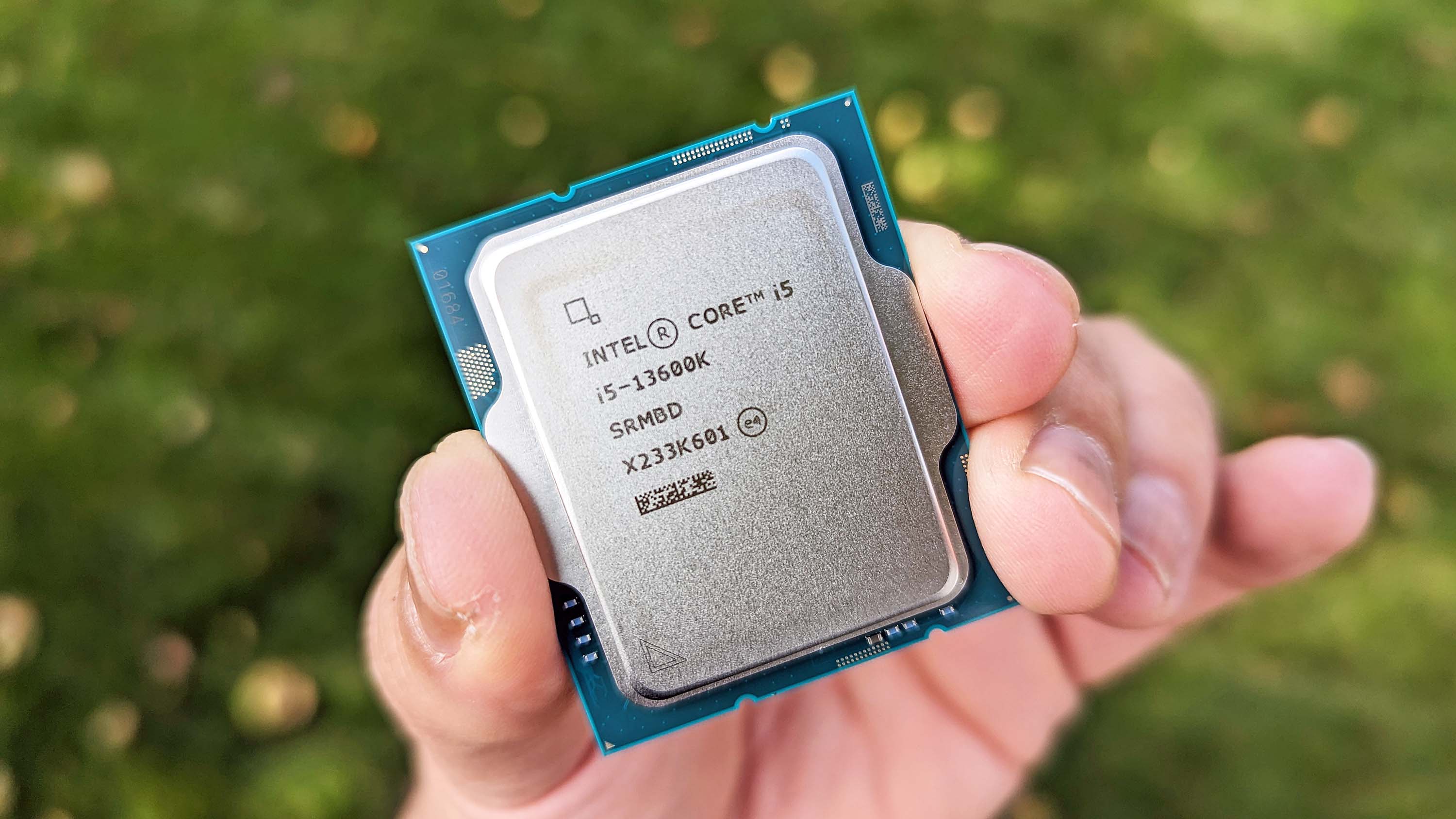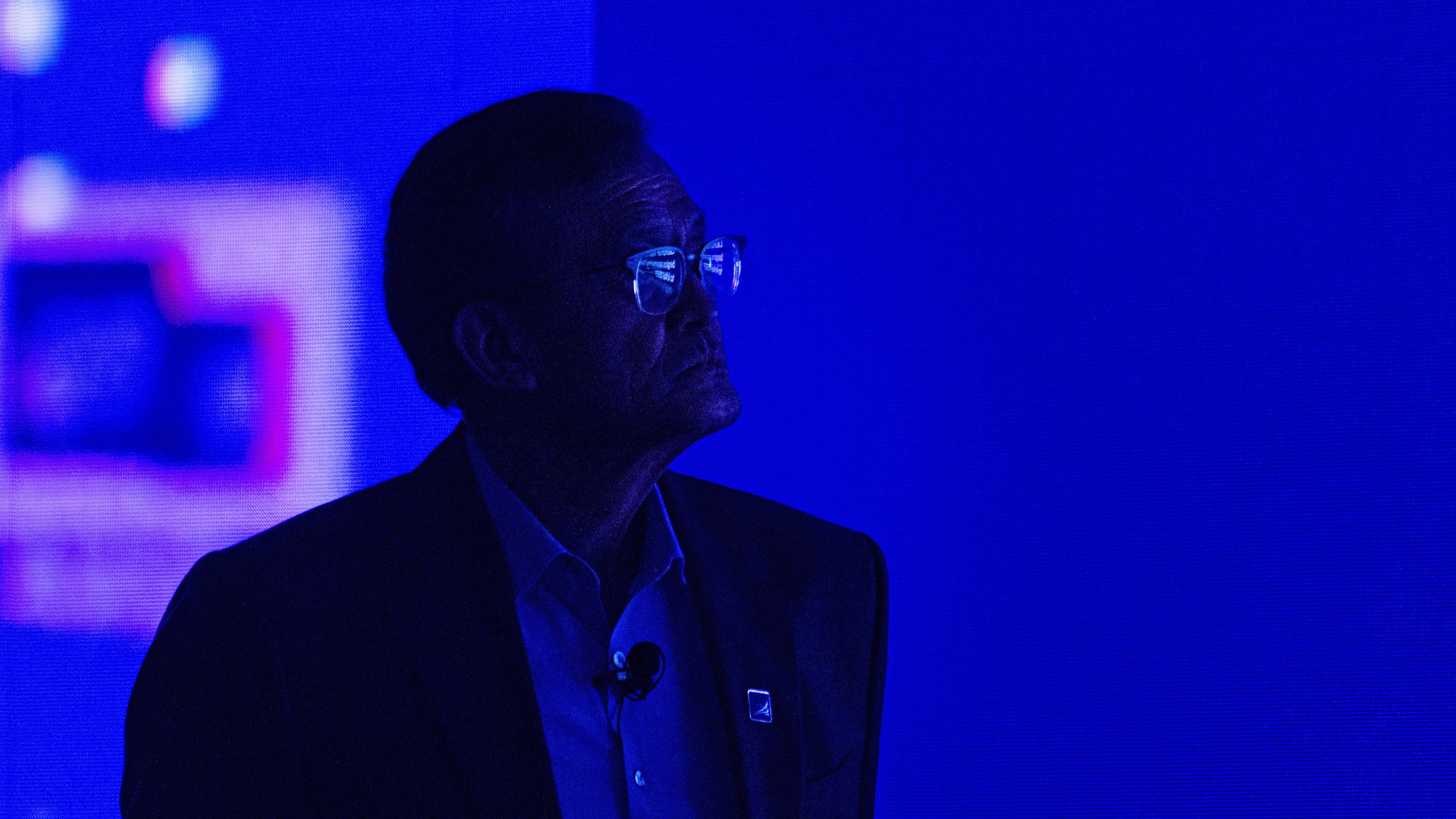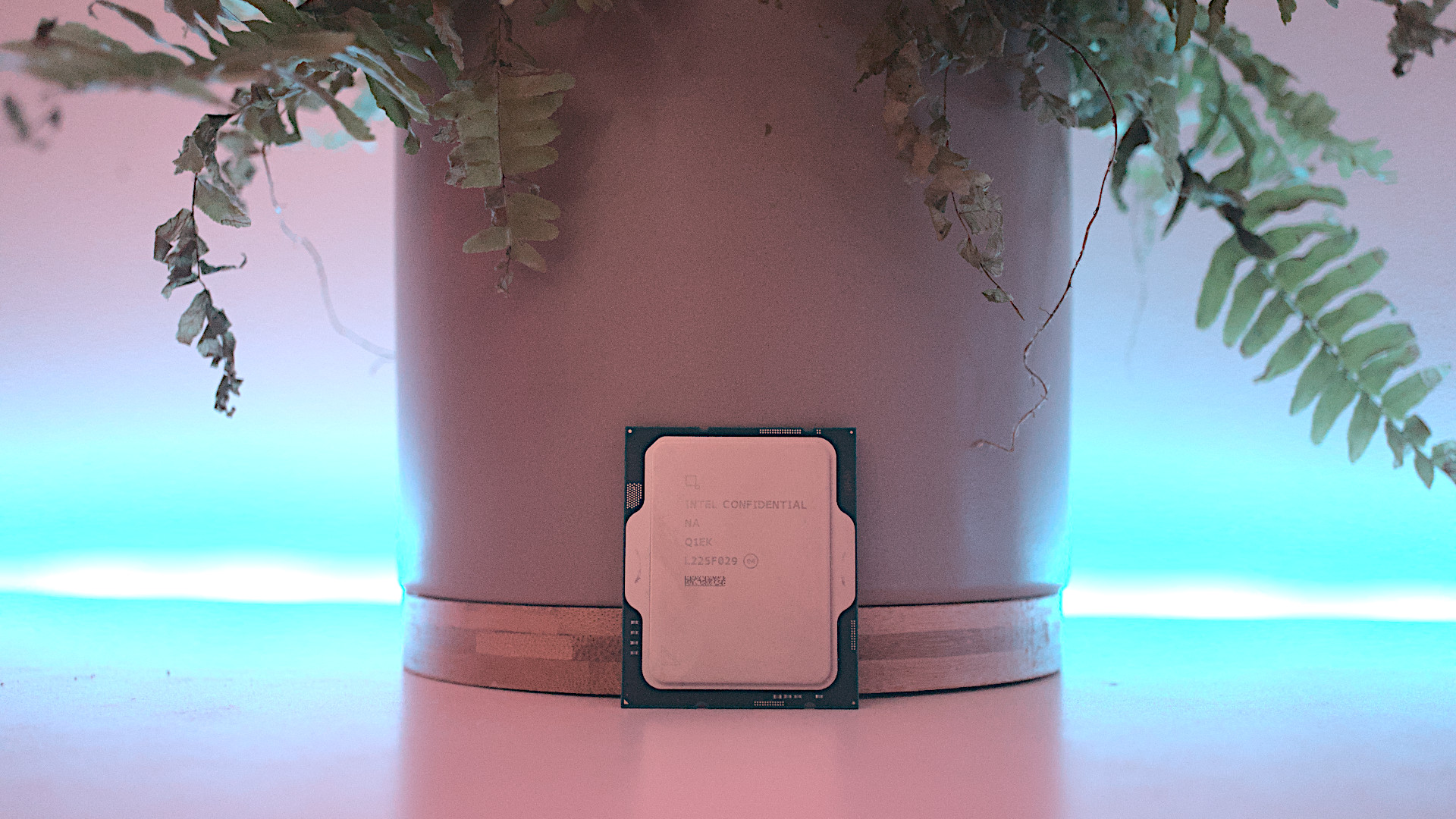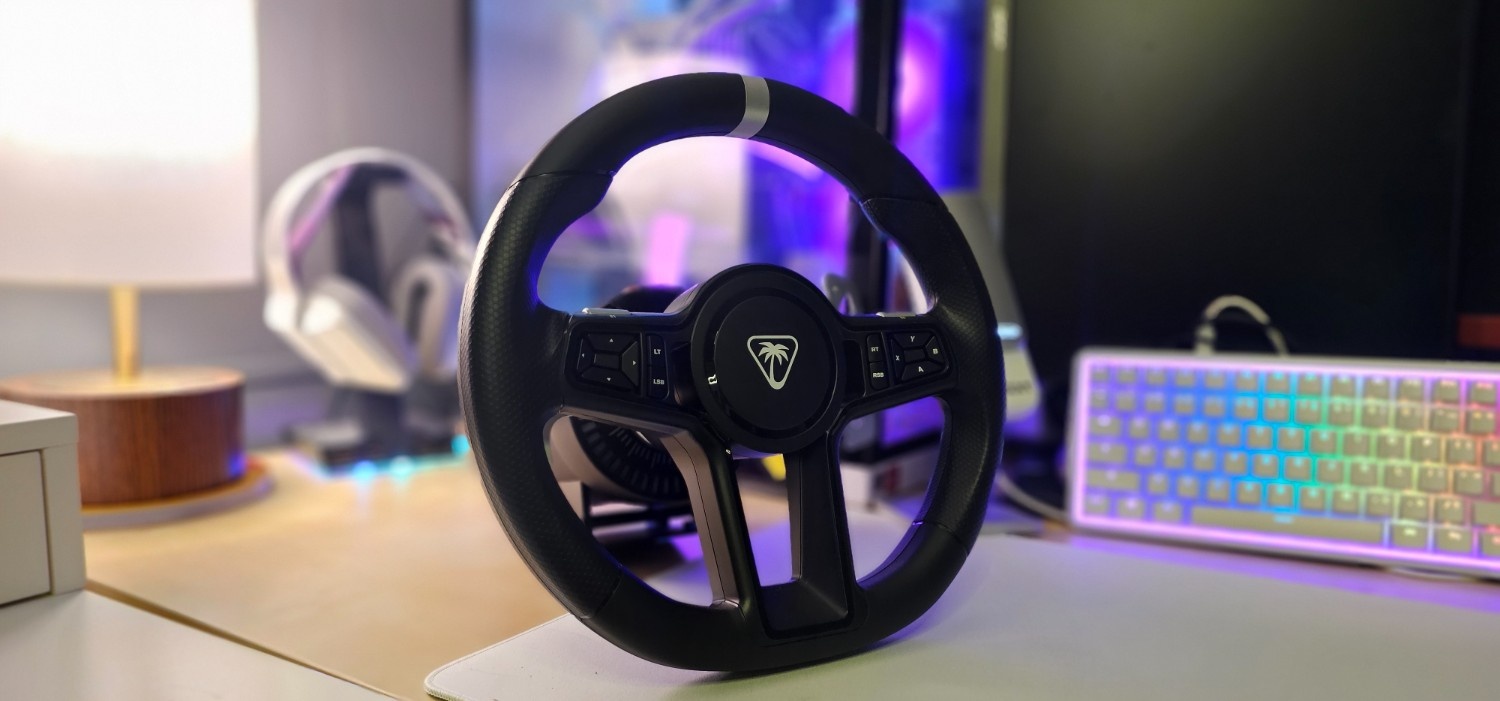AI bust — Intel plans to hike 13th Gen CPU prices years after launch as interest for new Core Ultra chips fails to ignite

All the latest news, reviews, and guides for Windows and Xbox diehards.
You are now subscribed
Your newsletter sign-up was successful
You can't shop for a new PC or components these days without tripping over some sort of AI branding or feature, but actual customers might not be as interested as you expect.
A recent report from Digitimes seems to confirm that, at least when it comes to desktop PC users, Intel's newer AI processors equipped with a Neural Processing Unit (NPU) aren't as popular as older models lacking any built-in AI abilities.
The report, which mentions "supply chain sources," says that Intel plans to increase the prices of its 13th Gen Raptor Lake chips by "more than 10%" due to continued demand, even as Intel's newer Core Ultra processors are readily available.
Intel's Raptor Lake desktop chips debuted in 2022 with six initial chips, and the company continued to populate the list of processors up until 2023 with the Core i9-13900KS.
These price changes are expected to arrive in the fourth quarter of 2025. The report doesn't specify exactly which chips will see the price increase, but it does mention a price range of about $150 to $160, which will climb to about $170 to $180.
Looking at Raptor Lake prices at the time of writing, that price hike will likely fall on 13th Gen Core i3 and Core i5 desktop CPUs.
Should Intel decide to raise prices on the more powerful hardware, something like the Intel Core i7-13700K currently sells for about $345, while the Core i5-13400 sells for about $199. Those could climb to about $380 and $220, respectively, if the particular chips are included in the hike.
All the latest news, reviews, and guides for Windows and Xbox diehards.
Why is Intel raising prices of its older CPUs?
Intel's decision to raise prices of its aging 13th Gen desktop CPUs might come as a surprise, but it makes more sense within the scope of the company's entire CPU portfolio and the current consumer market.
The Digitimes report suggests that the consumer reception to AI PCs hasn't been nearly as hot as expected. Intel put a lot of emphasis on AI and productivity performance for its newer "Arrow Lake" chips, and it didn't exactly work out as expected.
Intel execs haven't been shy about calling out the failures of the Arrow Lake generation. Intel CFO David Zinsner stated recently that the company "fumbled the football" with Arrow Lake:
As you know, we kind of fumbled the football on the desktop side, particularly the high-performance desktop side. So, as you kind of look at share on a dollar basis versus a unit basis, we don’t perform as well, and it’s mostly because of this high-end desktop business that we didn’t have a good offering this year.
Even Intel's CEO Lip-Bu Tan has publicly stated that the Arrow Lake processors aren't competitive, aligning with Zinsner's acknowledgement that the chips fell short in terms of both pricing and performance.
With Intel's older Raptor Lake chips offering such a solid value and a familiar "Core i" branding, it's no wonder that more people are turning away from Core Ultra and its AI enhancements.
Intel's troubles have escalated to the point that the US government recently purchased a 9.9% stake in Intel in exchange for an $8.9 billion investment.
Didn't Intel just announce discontinued support for 13th Gen GPU drivers?
Intel and NVIDIA announced a partnership on September 18 that will see the two long-time rivals build new x86 chips using Intel's CPUs and NVIDIA's GPUs.
The new partnership, which sees NVIDIA buy up $5 billion of Intel stock, will produce "Intel x86 RTX SOCs," similar to what AMD has in its APUs.
Around the same time as the partnership announcement, Intel stated that it was transitioning its older laptop and desktop CPUs — including 11th Gen through 14th Gen — to a legacy support model.
That means that the chips will now only receive critical security and fix updates, and the integrated GPUs will move to a quarterly update pattern (previously monthly) while also losing Day 0 game support for newly launched titles.
Are Intel's 13th Gen "Raptor Lake" chips still relevant today?
Intel definitely cooked up some magic with its 13th Gen processors, and I'm not exactly shocked by the confirmation that there's such high continued demand as Intel's newer CPUs fail to offer substantial improvements to gaming performance.
As I mentioned, Intel went all-in on productivity performance and AI for its Core Ultra chips, so those who are gaming or who simply don't care about AI should find that the Raptor Lake hardware is still totally relevant (aside from the lessened iGPU support, which matters less for gamers with a discrete GPU).
Windows Central Editor-in-Chief reviewed the Core i5-13600K, calling it at the time "the best mid-range desktop CPU, without question."
Former Windows Central Senior Editor Rich Edmonds reviewed the Core i7-13700K, stating at the time that it's "a workhorse for gaming and getting all your work done on time."
(via Tom's Hardware)

Follow Windows Central on Google News to keep our latest news, insights, and features at the top of your feeds!

Cale Hunt brings to Windows Central more than nine years of experience writing about laptops, PCs, accessories, games, and beyond. If it runs Windows or in some way complements the hardware, there’s a good chance he knows about it, has written about it, or is already busy testing it.
You must confirm your public display name before commenting
Please logout and then login again, you will then be prompted to enter your display name.



